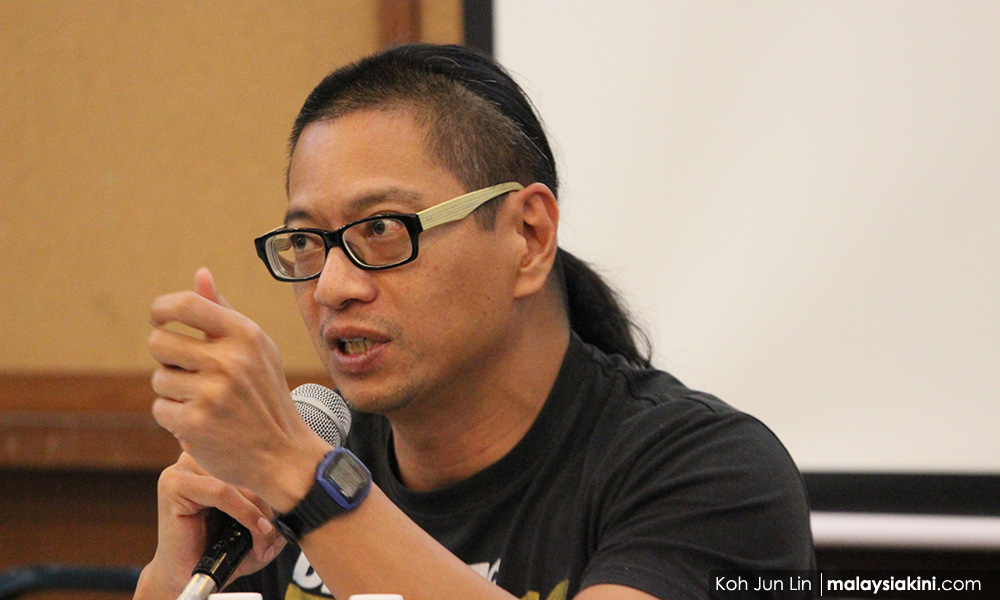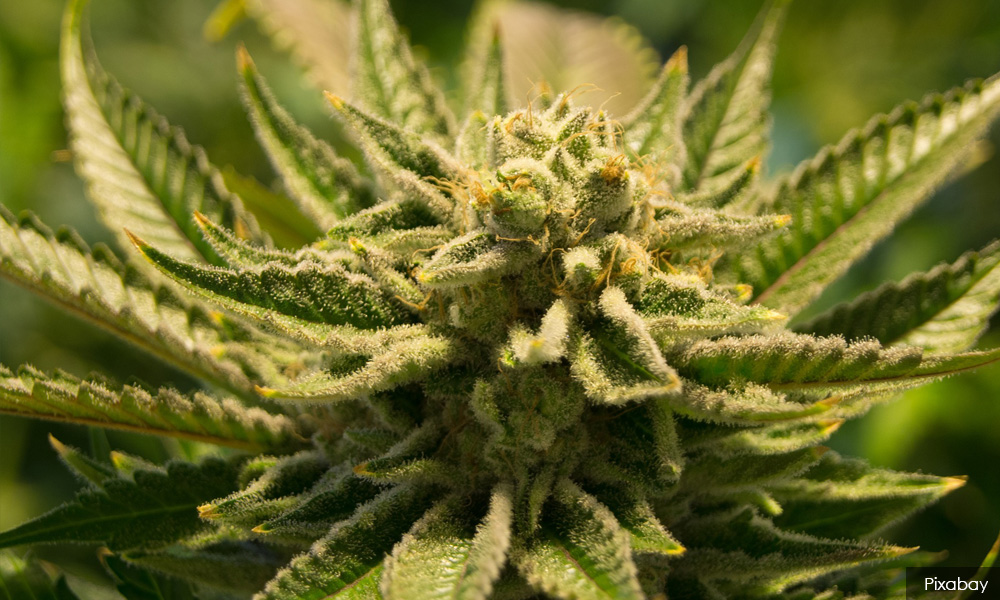
INTERVIEW | Many drug mules have found themselves sent to the gallows while kingpins of major syndicates remain free, said a Universiti Malaya law professor in support of calls to abolish the death sentence for drug-related offences.
Associate professor Azmi Sharom said the government should look into calls to abolish the death penalty, particularly for drug-related offences, as it has proven ineffective in preventing drug abuse and drug trafficking.
"The spirit of the Dangerous Drugs Act 1952 itself is to deter people from drug trafficking and drug abuse, and it (death sentence) has been proven to be ineffective.
"So we should review our law," Azmi told Malaysiakini in a recent interview.
Aside from the death penalty being an ineffective deterrent, Azmi claimed that cases often involved individuals who were lured into the drug trade as mules, who eventually found themselves sent to the gallows.
"Often the ones sentenced to death are not the syndicate chiefs, but the mules.
"In this world, there will always be people who are desperate, people who are stupid, or people whose minds are easily influenced to become drug mules," he said.
According to Deputy Defence Minister Liew Chin Tong, a cabinet paper on the death penalty stated that as of last October, approximately 72 percent or 932 individuals were on death row for convictions under Section 39B of the Dangerous Drugs Act.
Azmi further argued there would then be little point in ending the lives of such individuals, as the main suppliers remained at large.
"If 100 people die today, next week there will be another 100 (mules). Do we want to kill all of them?
"So we need to rethink what is the purpose of this law," he explained.
Azmi also said the government must not be "egoistic" by insisting on retaining ineffective laws.
"If a law is found to be ineffective, then we must review it," he stressed.
'M'sia unlikely to legalise marijuana'
While many countries have moved towards legalisation of medical marijuana, Azmi noted that such a law is unlikely to be passed in Malaysia where a heavy stigma is still attached to drug addiction in general.

"It is a situation where if someone is a drug addict, then it would be the worst possible scenario.
"The image among Malaysians, (is that all) drugs are equivalent to the devil," he said.
While admitting that drug abuse has contributed to various social ills, Azmi argued that people should be more open-minded towards the use of medical marijuana.
"Even many of the drugs we currently use in medicine, if taken outside (without prescriptions) it will be an offence, for example morphine," he said.
The debate over abolishing the death penalty for drug offences was re-ignited after several recent controversial cases involving individuals who claimed to be using marijuana for medical purposes.
Among others, army veteran Amiruddin @ Nadarajan Abdullah was charged under Section 39B of the Dangerous Drugs Act 1952 for dealing marijuana to his "patients". He now faces the mandatory death sentence.
Meanwhile, another self-dubbed 'Dr Ganja' - Muhammad Lukman Mohamad, 29, - was also sentenced to death by the Shah Alam High Court on Aug 30 last year.
Lukman was arrested along with his five-months-pregnant wife in December 2015, for possession of 3.1 litres of cannabis oil, 279g of compressed cannabis and 1.4kg of substances containing tetrahydrocannabinol (THC).
His wife was eventually freed, but he was handed the death sentence.
Last Sept 18, Prime Minister Dr Mahathir Mohamad said the government should reviewthe court's decision, after Lukman's case went viral and an online petition was initiated to call for his release.
De facto Law Minister Liew Vui Keong echoed Mahathir's views and said Lukman would be granted automatic appeal at the appellate and Federal Court, as with all other capital punishment cases.
Other lawmakers in support for medical marijuana include PKR vice-president Nurul Izzah Anwar, who previously said she would seek to decriminalise the use of cannabis oil for medical reasons.
At present, Health Ministry director-general Dr Noor Hisham Abdullah had stressed that there was no evidence to support the medical use of cannabis oil, and its use would remain restricted for research purposes.
Inspector-general of police Mohamad Fuzi Harun meanwhile said police have discussed the proposal to decrimininalise marijuana at length with Putrajaya, and remain opposedto the idea. - Mkini



No comments:
Post a Comment
Note: Only a member of this blog may post a comment.